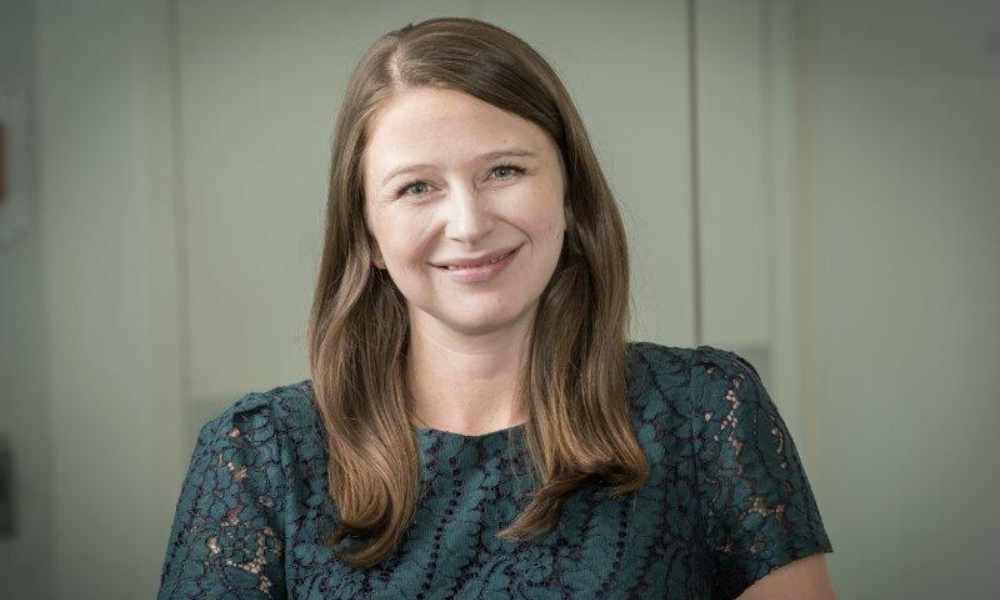Cost of living drives reverse mortgages growth

Heartland Group has announced an 0.8% increase in net profit after tax over the 2023 financial year.
Market share for its reverse mortgages businesses in Australia sits at 38.4% (March 2023), up from 33.1% the year prior.
Releasing its full-year results on Tuesday morning, Heartland Group Holdings Limited (Heartland), which operates in Australia and New Zealand, reported net profit after tax (NPAT) of $95.9m for the year ending June 30, 2023, an annual increase of $0.7 million.
Underlying NPAT was $110.2 million, up $14.1 million (14.6%) on FY22. Net interest margin of 3.97% was down 8 basis points on FY22, while net interest income of $282 million was up 12.7%. Return on equity was 10.4% (11.9% in underlying terms), down 68 basis points, and gross receivables were $6.8bn, up 10.1%.
The Group reported an underlying cost to income (CTI) ratio of 42% (down 53 basis points) and an underlying impairment expense ratio of 0.36%, up 7 basis points.
Noting the annual increase in its market share of the reverse mortgage market in Australia, which has increased from 33.1% in the 2022 financial year, Heartland Group said in the results that it had maintained its position as the “largest active provider of reverse mortgages in Australia”.
The reverse mortgage portfolios in Australia and New Zealand have low average weighted loan-to-value ratios (LVRs) and continue to demonstrate resilience, the company said.
As at June 30, 2023, the average weighted LVRs for Australia and New Zealand reverse mortgages were 21.5% and 21.3% respectively.
Cost of living contributes to reverse mortgage growth
For its Australian reverse mortgages business, Heartland Group reported a compound annual growth rate of 22.8% for the five years from July 1, 2018 to June 30, 2023.
Heartland Finance general manager reverse mortgages Sharon Yardley (pictured above) said that Heartland Finance had continued to see strong demand for the product, as evidenced by the 20.7% growth achieved over FY23.
“This growth has been driven in part by the increasing cost of living and cashflow pressures being felt by older Australians in the current economic environment,” Yardley said.
“We have seen an increase in the proportion of customers using their reverse mortgage as a top-up for income, from 16% in FY2021 to 38% FY2023.”
Net operating income for Australian reverse mortgages was $47.3m, up 20.9% ($8.2m) compared to FY22.
Australian reverse mortgage receivables were $1.54bn, up 20.7% ($263.5m), which the company attributed to increased debt consolidation, customers seeking funds for home improvement, customers looking to enjoy retirement with modest lifestyle spending and targeted marketing.
Home improvements most common purpose of a reverse mortgage
While most Australians prefer to remain in their home as they age, Yardley acknowledged that many could not afford the improvements required to enable them to do so.
Among Heartland Finance customers, home improvements remain the “most common use” of a reverse mortgage, with over half (57%) using it for this purpose over FY23, she said.
Since 2004, Heartland Finance had supported over 26,000 Australians to live a more comfortable retirement, she said.
“Our reverse mortgage is designed to give customers choice in their retirement. Whether that means being able to make improvements to their home or to cover additional ongoing expenses to increase their quality of life,” Yardley said.
Heartland has announced a final FY23 dividend of 6c per share, taking the total dividend for the financial year to 11.5c per share.
Heartland Group reported it had raised $199m through its equity raise in 2022, to fund growth ambitions for its existing businesses and to repay acquisition-related bridge debt of A$158m.
Heartland Finance provides reverse mortgages in Australia. StockCo Australia, a leading specialist livestock financier, is owned by Heartland Group.
Over the 2023 financial year, Heartland Finance was a finalist for Best Banking Innovation at the Australian Finder Innovation Awards 2022. Additionally, the organisation was among the excellence awardees (finalists) for Non-Bank of the Year at the 2022 Australian Mortgage Awards.
Subject to completion of its acquisition of Challenger Bank (subject to approval from the Reserve Bank of New Zealand and APRA), Heartland said it intended to leverage its expansive operational experience in New Zealand to drive expansion into Australia, including in the areas of motor finance and asset finance.
Within Australia, the Group reported that its focus was on growing its existing reverse mortgages and Livestock Finance business (StockCo Australia).
The company said it would also explore inorganic growth opportunities through further acquisition in targeted areas, consistent with its “best or only” strategy.
Heartland Group full year results snapshot
- Net profit after tax (NPAT): $95.9m, up 0.8%
- Net interest margin (NIM): 3.97%, down 8 basis points
- Gross finance receivables: $6.8bn, up 10.1%
- Underlying return on equity (ROE): 11.9%, down 68 basis points
- Impairment expense: $23.2m, up 68.1%
- Final dividend for FY23: 11.5c per share
Heartland Finance reverse mortgages snapshot (Australia)
- Market share: 38.4% (March 31, 2023)
- Net operating income (NOI): $47.3m, up 20.9%
- Compound annual growth rate (CAGR): 22.8% (2018-2023)
- Average weighted LVR (Australia): 21.5%



